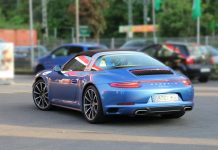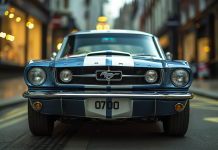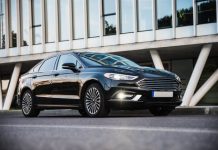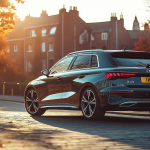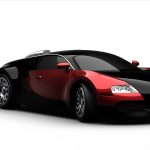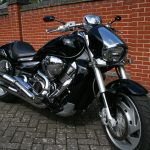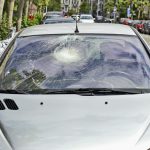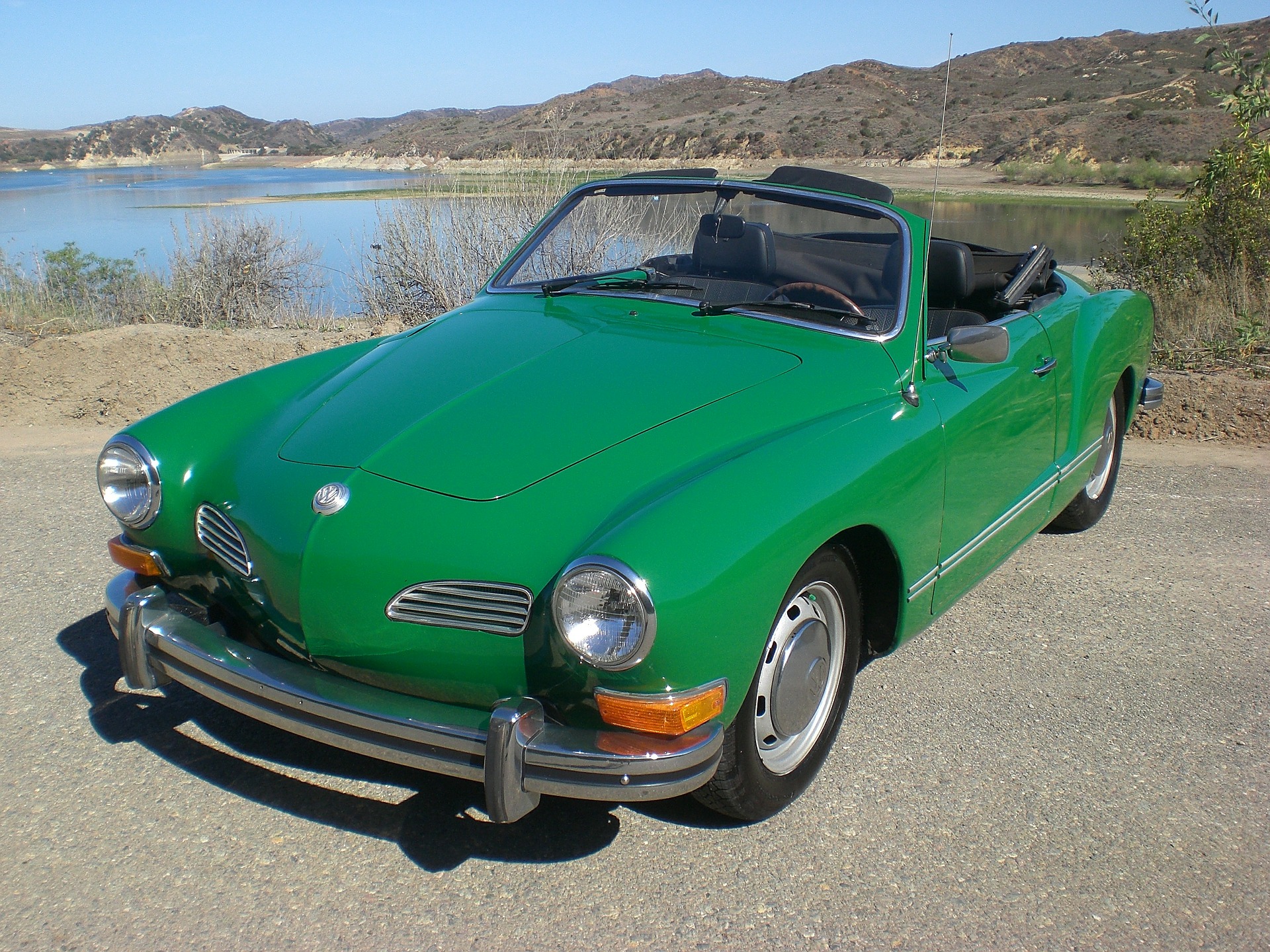We are no strangers to soundtracking our travel, whether the daily commute or a road trip of a lifetime. Driving soundtracks have been a thing since the birth of the in-car stereo, and the way we drive has been indelibly shaped by the things we listen to when we get in the car.
A recent report by temporary insurance providers Dayinsure sought to find the most popular songs for people to drive to, scraping millions of driving playlists on Spotify to collate the tracks that most appeared. From that, the company created their own, statistically sound playlist containing what currently constitute the nation’s favourite songs for driving.
Laidback 2013 folk-pop single ‘Riptide’ by Vance Joy topped the list for playlist appearances, while evergreen hits like The Killers’ Mr. Brightside also made a strong showing. The list and its construction beg wider questions, though, of the relationship between music and driving – and whether music could even play a helpful role in the way we navigate our journeys.
The Psychology of Music and Driving
Music is a deeply affecting form of art, and can often elicit strong emotional responses in us – and often involuntary ones, at that. The differences between genres of music are commonly understood, and many of us make the implicit connection between certain sounds and certain feelings. For example, heavy metal and hard rock are widely considered to be ‘aggressive’ forms of music in comparison to classical music.
While these broad-strokes definitions can often be debunked with a closer look at any genre’s body of work – a key example being the undeniable aggression in Tchaikovsky’s 1812 Overture – it can help us further define the effects that listening to such music has on our efficacy carrying out activities such as driving. There are key studies that demonstrate a positive relationship between music and mood, but concentration is another key factor that music can improve.
Things to Bear in Mind
Conversely, though, there is evidence to suggest that louder, more aggressive music can be more of a distraction than a concentration aid – leading to heightened emotions and the increased likelihood of losing focus. As such, experts recommend for drivers to avoid loud, lyrical music – instead suggesting that drivers use soft, instrumental tracks to optimise their focus. Another study found that drivers listening to jazz were more likely to receive a fine for speeding, likely as a result of the active listening required to appreciate it and the subsequent loss of concentration on the road.
The Best Kinds of Music for Driving
By combining the results of the Dayinsure report and understanding psychological impacts that different music can have, we can intuit the best kinds of music to listen to when it comes to driving. Complex music that requires active listening, and catchy music that demands active participation, can harm our focus – but instrumental easy-listening in the form of l0-fi hip-hop can be a great way to preserve a positive environment while enabling focus.





